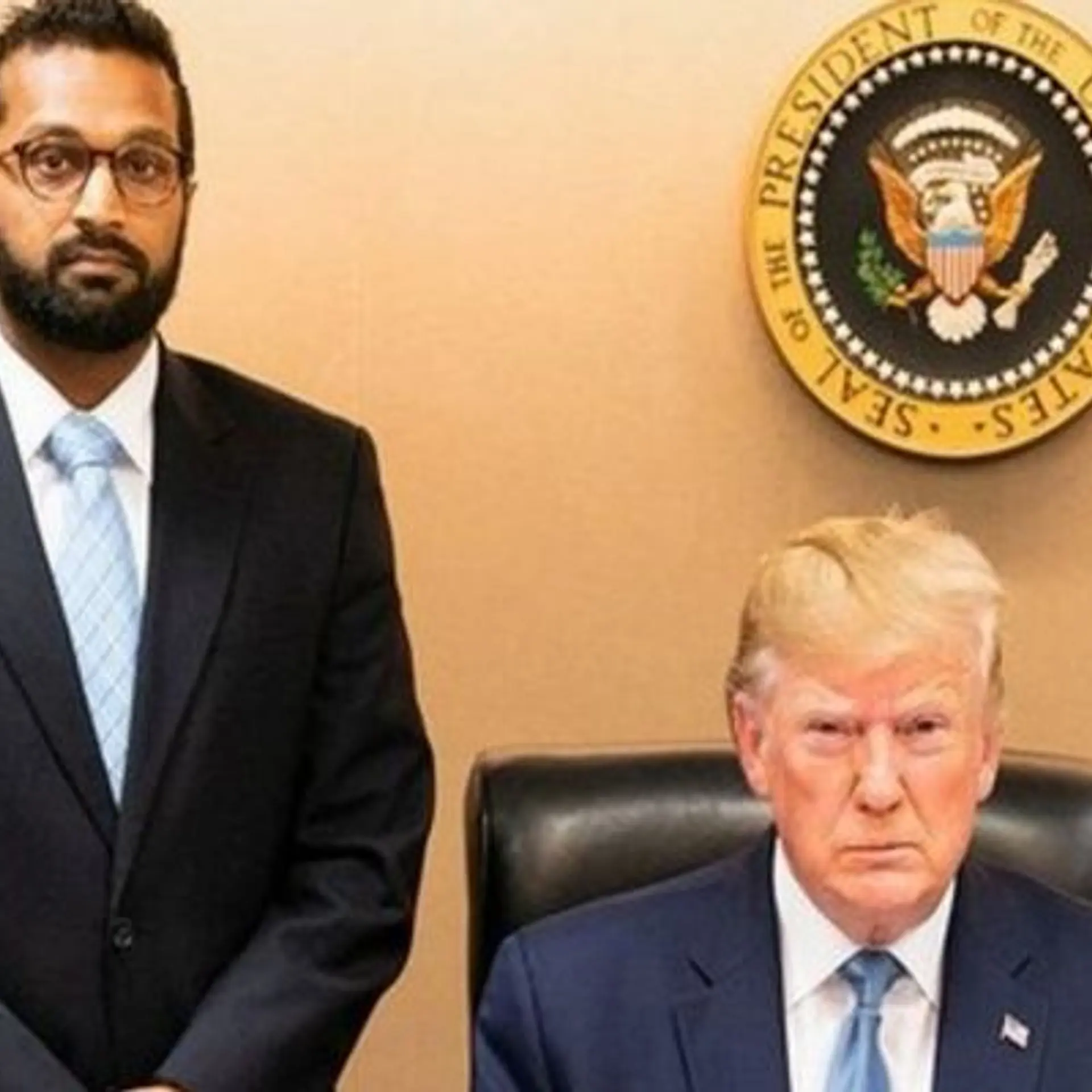Neutrality of ecommerce marketplace important to sellers, finds survey
The survey said that 94 percent of the respondents felt that sellers controlled by the marketplace (through various arrangements) hurt their (sellers) business on the platform.
Neutrality of ecommerce marketplaces is important to sellers and a large section believes that private labels offered by marketplaces create a "conflict of interest", according to a survey by The E-Commerce Council of India (TECI).
According to the survey, 89 percent of the respondents said neutrality of the marketplace was important as a core principle and that marketplaces should not have any of its own/related party sellers on the platform.

Ninety-four percent felt that sellers controlled by the marketplace (through various arrangements) hurt the business of independent sellers on the platform.
"(About) 90 percent respondents said private labels by marketplaces create a conflict of interest for the marketplace and that marketplaces should not be allowed to sell their private labels on their platform," it said.
TECI, whose members include e-commerce platforms like Snapdeal, ShopClues, and UrbanClap, conducted the survey to "understand the views of independent online sellers with regard to the emerging e-commerce policy issues".
It saw participation from 541 respondents who were selling online for at least 12 months on at least two marketplaces, namely Flipkart, Amazon, Snapdeal, Paytm Mall, and ShopClues.
The survey found 89 percent respondents saying the laws, rules, and responsibilities for online sales should have parity with those for offline sales.
"This is on account of the fact that most online sellers buy and sell across both physical and online markets - different rules for parts of the same business add compliance complexity," it said.
Almost all sellers agreed that counterfeits needed to be acted on effectively, while suggesting varying approaches to tackle the same.
"(About) 80 percent of the sellers felt that marketplace should first inform the seller and then remove the listing from the marketplace. They opposed a course of action which involved informing the seller later after removing the listing or blacklisting the seller from the marketplaces - choices they felt were harsh and deny sellers a fair opportunity to present their facts before a decision is arrived at," it said.









